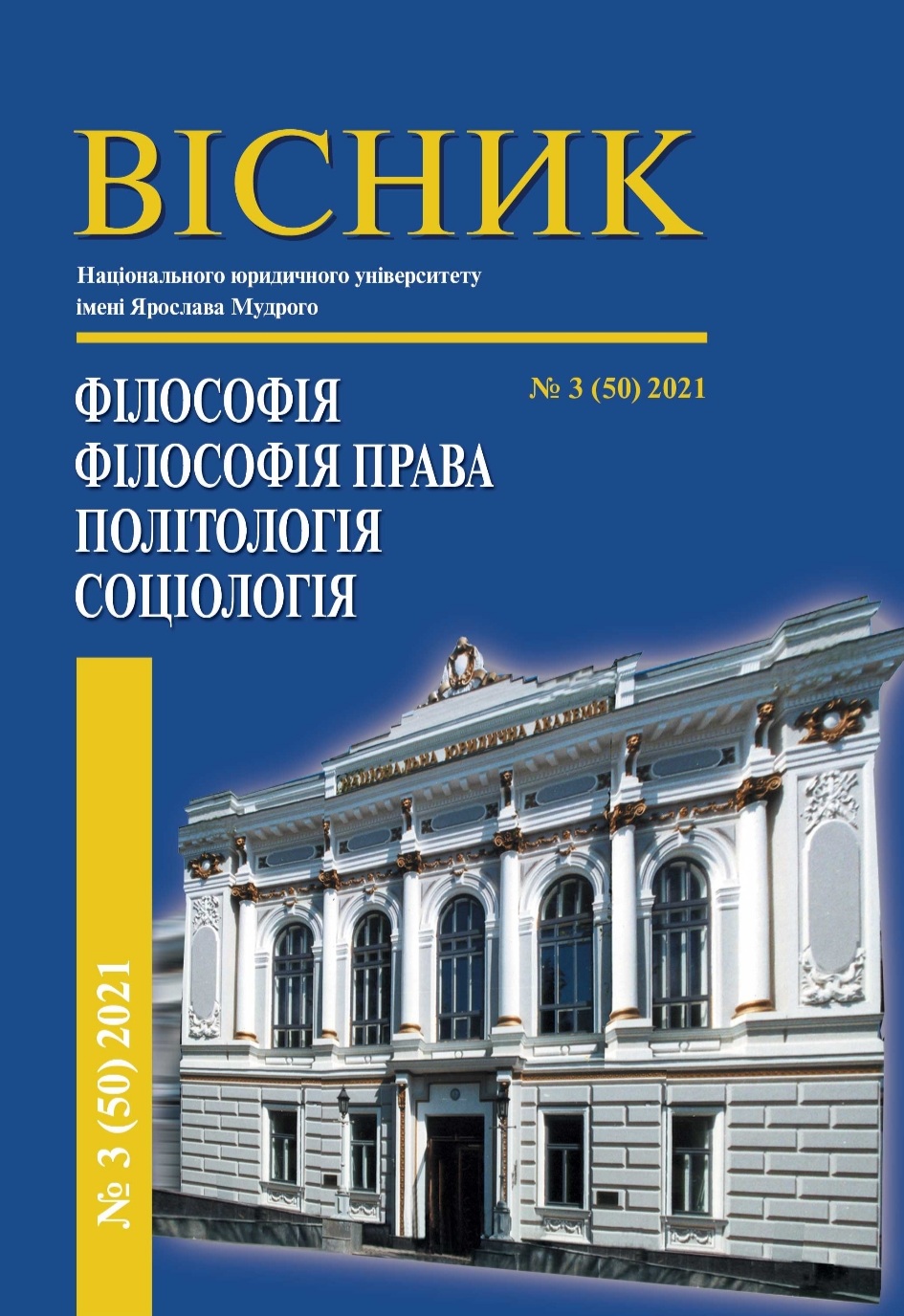ЛОГІКА ІРРАЦІОНАЛЬНОГО: ПОВЕДІНКОВІ ПІДХОДИ У ДИНАМІЦІ МІЖНАРОДНИХ ПОЛІТИЧНИХ КОНФЛІКТІВ
DOI:
https://doi.org/10.21564/2663-5704.66.337961Ключові слова:
міжнародні політичні конфлікти, поведінковий підхід, когнітивні упередження, когнітивні викривлення, прийняття рішень, ескалація конфлікту, врегулювання конфліктуАнотація
У статті аналізуються поведінкові фактори, такі як когнітивні викривлення, емоційні реакції та ментальні моделі, і їх вплив на динаміку сучасних міжнародних політичних конфліктів. Досліджуючи вплив цих чинників на різних етапах кризи, запропоновано концептуальні інструменти для аналізу та практичні методи для нейтралізації ірраціональної логіки в сучасній міжнародній політиці.
Посилання
Simon, H.A. (1997). Administrative Behavior: A Study of Decision-Making Processes in Administrative Organization. New York: The Free Press.
Kahneman, D., Tversky A. (1979). Prospect Theory: An Analysis of Decision under Risk. Econometrica, issue 47, 2, 263–292. doi: https://doi.org/10.2307/1914185.
Hermann, M.G. (1980). Explaining Foreign Policy Behavior Using the Personal Characteristics of Political Leaders. International Studies Quarterly. issue 24, 1, 7–46. doi: https://doi.org/10.2307/2600126
Post, J.M. (2004). Leaders and Their Followers in a Dangerous World: The Psychology of Political Behavior (Psychoanalysis and Social Theory). Ithaca: Cornell University Pres.
Hall, T.H. (2015). Emotional Diplomacy: Official Emotion on the International Stage. Ithaca: Cornell University Press. URL: https://www.jstor.org/stable/10.7591/j.ctt15hvsjz
Crawford, N.C. (2009). Argument and Change in World Politics: Ethics, Decolonization, and Humanitarian Intervention. Cambridge: Cambridge University Press.
doi: https://doi.org/10.1017/CBO9780511491306
Pyevtsov, H.V., Gordienko, A.M., Zalkin, S.V. et al. (2017). Informatsiyno-psykholohichna borotba u voyenniy sferi. Kharkiv: Rozhko S.G. [in Ukrainian].
Ryabchuk, M. (2019). Dolannya ambivalentnosti. Dykhotomiya ukrayinskoyi natsionalnoyi identychnosti – Istorychni prychyny ta politychni naslidky. Kyiv: I.F. Kuras Institute of Philosophy, NAS of Ukraine. URL: http://resource.history.org.ua/item/0014473
National Institute for Strategic Studies (2025). Analitychni dopovidi. URL: https://niss.gov.ua/publikacii/analitichni-dopovidi [in Ukrainian].
Kertzer, J.D., Rathbun, B.C. (2015). Fair is Fair: Social Preferences and Reciprocity in International Politics. International Organization, issue 67, 4, 613–655.
doi: https://doi.org/10.1017/S0043887115000180.
Hafner-Burton E.M., Haggard S., Lake D.A. et al. (2017). The Behavioral Revolution and International Relations. International Organization, issue 71, S1, 1–31.
doi: https://doi.org/10.1017/S0020818316000400.
Colombo, C., Steenbergen, M. (2020). Heuristics and Biases in Political Decision Making. Oxford Research Encyclopedia of Politics. doi: https://doi.org/10.1093/acrefore/9780190228637.013.974.
Arceneaux, K. (2012). Cognitive Biases and the Strength of Political Arguments. American Journal of Political Science, issue 56, 2, 271–285. URL: http://www.jstor.org/stable/23187099
Hill, F. (2022). Putin Has the U.S. Right Where He Wants It. The New York Times. URL: https://www.nytimes.com/2022/01/24/opinion/russia-ukraine-putin-biden.html
Kahneman, D. (2011). Thinking, Fast and Slow. New York: Farrar, Straus and Giroux. doi: https://doi.org/10.1590/S0034-759020150110.
Crawford, N. (2009). Human Nature and World Politics: Rethinking ‘Man’. International Relations, issue 23, 2, 271–288. doi: 10.1177/0047117809104639.
Altman, M. (2023). Mental Models, Decision-Making, Bargaining Power, and Institutional Change. Journal of Economic Issues, issue 57, 4, 1241–1259. doi: https://doi.org/10.1080/00213624.2023.2273149.




